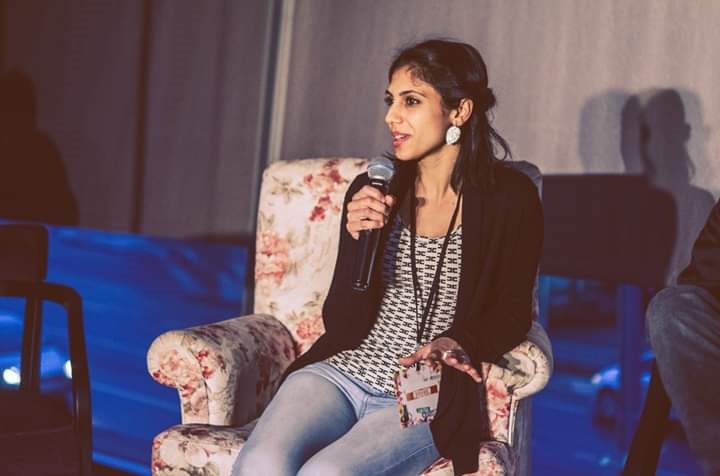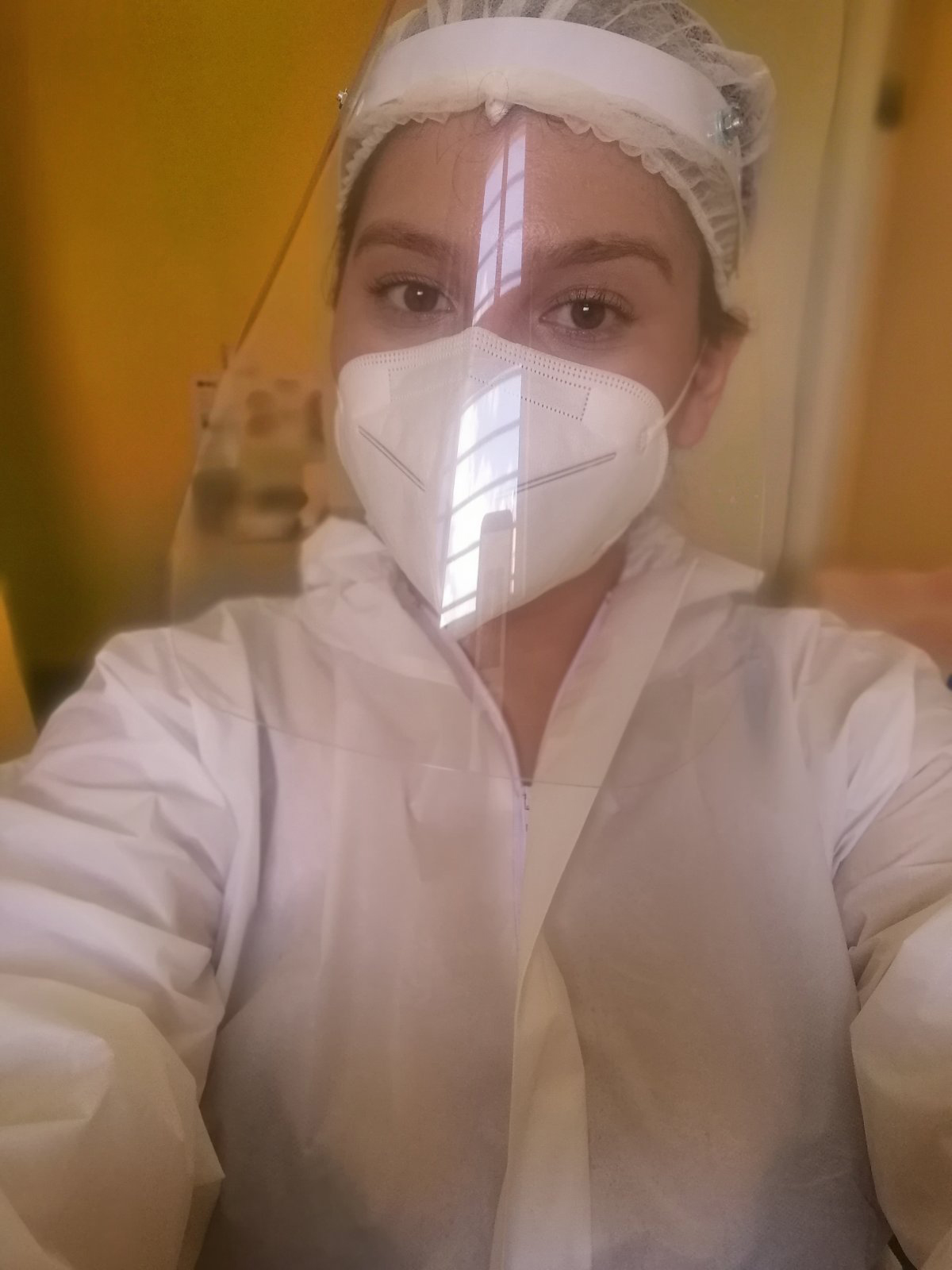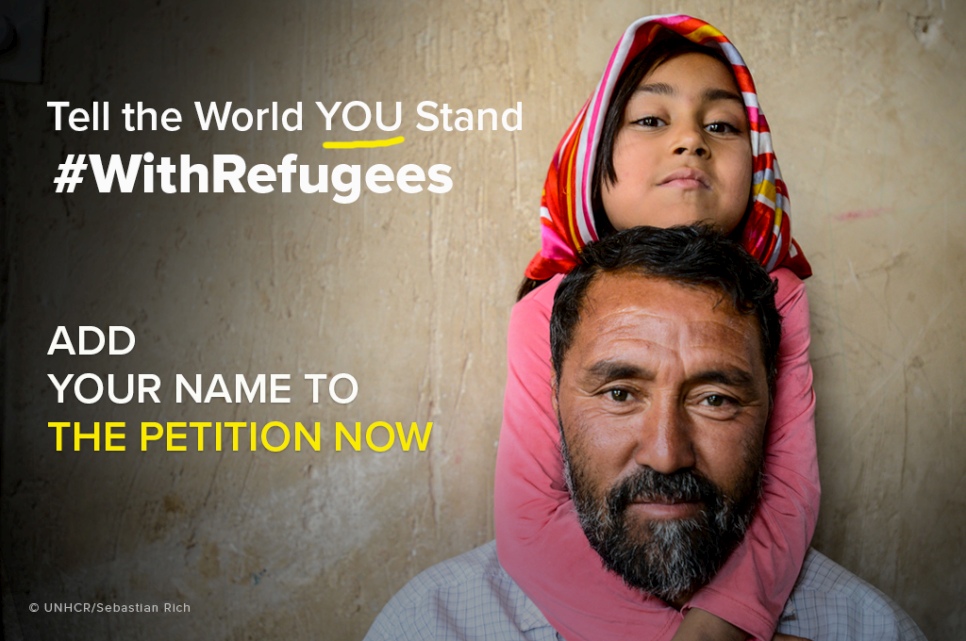Roma youth for Roma community during the COVID-19 pandemic
Author: Nataša Markovska Momčilović
Young UN Volunteers Silvija, Kristina and Meti do their part in assisting their community to overcome the challenges of COVID-19 pandemic. Although with different educational background (music, medicine and literature) all three are members of the UN Volunteers cohort in Serbia with the mission of being link between the Roma community and governmental institutions.
Author: Nataša Markovska Momčilović in Belgrade / 23 September 2020
UN Volunteers in Serbia is a team consisting of such dedicated 65 young Roma people as Silvija, Kristina and Meti. They have been trained to become activists fighting for the inclusion of Roma, against discrimination and social injustice and supporting the vulnerable members of the Roma community.
During the COVID-19 pandemic, these young Roma were dispersed throughout Serbia and actively worked within their communities to deliver emergency aid packages, ensure health assistance, enable access to drinking water or help people obtain their personal documents (IDs, birth certificates, marriage certificates) needed to acquire health insurance or claim social welfare.

Silvija Nešić talks about her experiences in working with youth /@Momira Marković
Among the 65 Roma UN Volunteers trained in the last three years, within the joint UNDP and UNHCR initiative for improved social inclusion of young Roma, were Silvija, Kristina and Meti, true role-models in their communities.
Silvija Nesic is 25 years old graduate from the Faculty of Arts in Nis, soon to be a Master of Musical Arts. She helps Roma community members to access and fulfil their social rights, especially focusing on women and new mothers. She has also trained 30 new volunteers in her hometown, Pirot, and stands as a strong link between local governmental institutions and Roma community. Silvija finds that significant progress is accomplished in education, but employment of young Roma is a goal yet to be achieved.
“Even highly educated, young people, especially Roma in Serbia, are still financially dependent of their parents. Personal and professional development, following you dreams and trying to learn from your own mistakes, persistence in pursuing young goals, will bring you closer to where you want to be”, says Silvija.
Kristina Asanovic is 26, and already a young doctor, volunteering at the COVID-19 clinic in Nis. She has been volunteering on the front line, working with more than 150 patients per day, under heavy protective garment, mask, helmet, gloves… Coming every day back to her home where her parents who are chronic pulmonary patients live, as well as her sister-in-law who is pregnant, is a great challenge and worry for her, but she is brave and dedicated.
“It is very important to follow your inner self, and not succumb to the community pressure. Education helps you grow not only intellectually but also adds to your emotional and personal growth”.
Meti Kamberi is 19, young man who grew up in an orphanage and learned how to read only 7 years ago, and today is a bestselling writer whose book Grad bola (City of Pain) has reached its third edition. He is an example of ambition, hard work and shows how one can raise from the bottom if one has a clear goal always in front of his eyes.
He is from Nis but being interviewed by main national and local media in Serbia, and using the opportunity to speak publicly, he is an unofficial spokesman for the Roma, young people and disadvantaged groups throughout Serbia. Excellent motivator, he inspires young people to search for more and be actively involved in helping others.

Kristina Asanović
“I’m rooting for people. Young people need to work on themselves and don’t wait for someone else to fight their battles. Good deeds speak more than words”, says Meti.
The trained group of the UN Volunteers are finalizing the campaign “Young people in action are not a myth – COVID-19 occurred” which will produce a short documentary to be presented on social media by the end of September.
The group of UN Volunteers will also continue their committed work in the local organizations and institutions.

Meti Kamberi
Read also
- Peer Trainers to improve the safety and security of unaccompanied refugee children
- Smart moves and true love bring Syrian refugee success in Serbia
- Afghan youth pursues his design dream at college in Belgrade
- Belgrade school puts young refugees on track for success
- FOOTBALL AND HOMEWORK – STEPS TO MAKING FRIENDS




